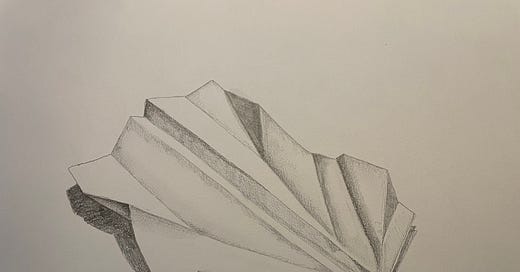I tried all the self care. I retain all of it in my repertoire now: running, spending time outdoors, with friends, with friends outdoors. Keeping a journal, adding in yoga twice a week, practicing good sleep hygiene, meditating. In one of my meditation sessions, the narrator/guide asked “what are you resisting?” — a framework I have found useful because…
Keep reading with a 7-day free trial
Subscribe to Ephemeroptera to keep reading this post and get 7 days of free access to the full post archives.



